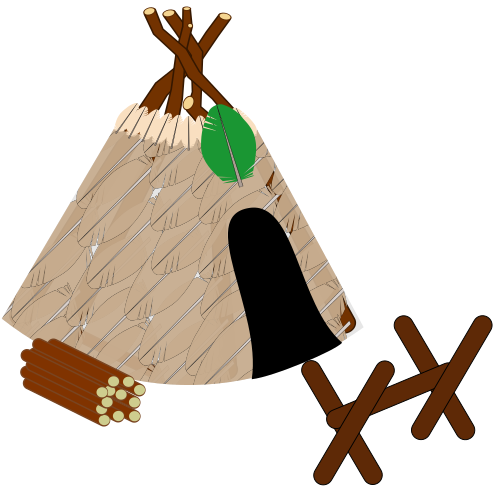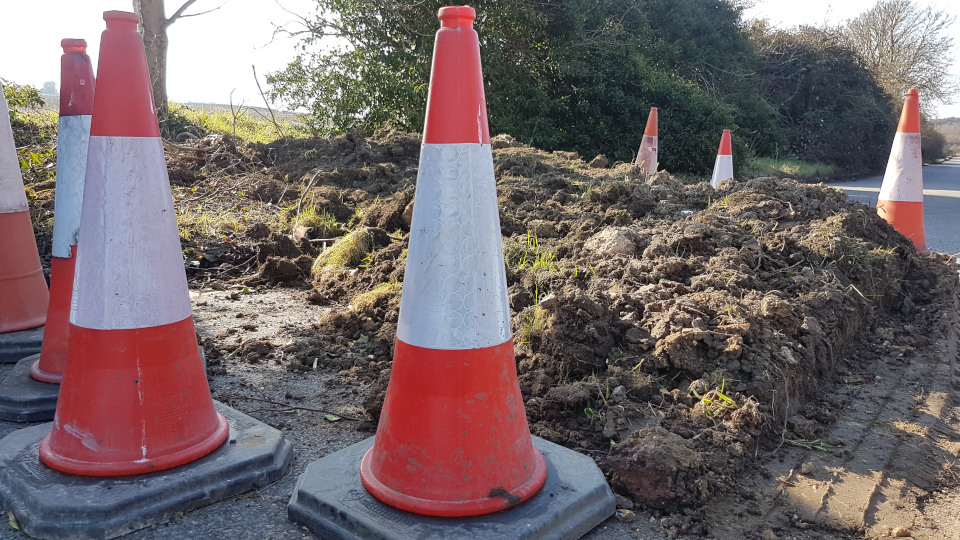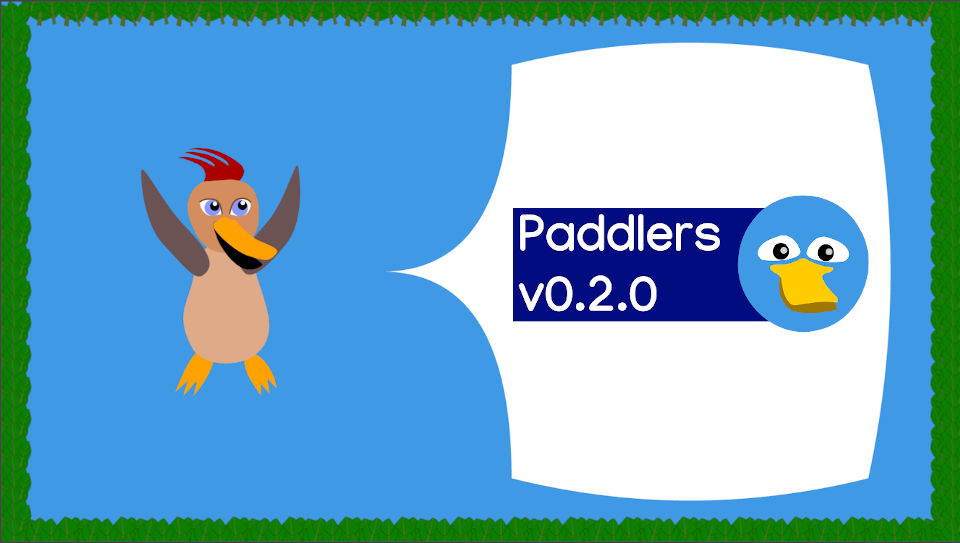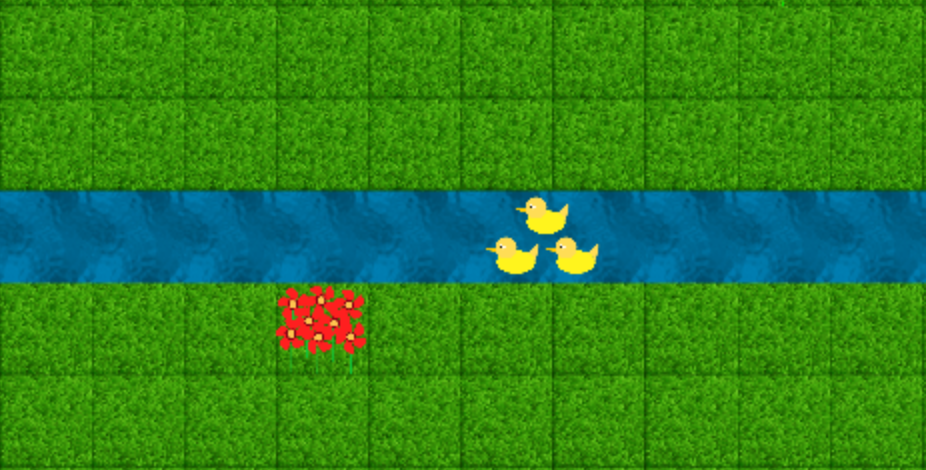Gather a cult of followers around you and let them rise to become the most powerful empire in all of Paddland!
After defining a theme for my game in the last post, let me now describe the gameplay from a player’s perspective.
Entrance
As you, as a player, start your journey in Paddland, you have a choice to make. From a set of ducks, you can pick your first follower. He or she will follow your orders and gain experience over time to level up and unlock more abilities.

With this first follower, you can start a settlement on the riverside. To set up everything nicely, you probably want to start planting trees soon. They will provide you with wood to build nests later on.
Your job as apprentice god
To be a good leader, you should do good things for your followers and the world around them. Your main mean to do so will be your belief system.
Define your own unique doctrine which will guide the otherwise clueless Paddlers through their lives. Enrich their days by teaching them your word. Your glorious new religion will bring joy and delight to everyone!
Your new settlement will be visited regularly by foreign Paddlers. Make sure to have your followers ready to welcome them. Tell them about your wonderful ideas, they should not miss out on the glory that is the lore of your cult.
If you manage to lift the mood of the visitors, you can be proud of yourself as a god in this world. To award you, a so-called Karma counter will go up. With a growing Karma counter, your godly powers will be improved. This allows you to do a number of things, such as cultivating more plants or extending your religion.
Looking at the incoming visitors as they float through the river that crosses your town, you might find yourself reminded of tower defense games. Indeed you are playing tower defense with a slight twist: Instead of killing the units with weapons, you try to make them feel comfortable with a beautiful view and kind words.
Build up your settlement
The single-player aspect of Paddlers is very similar to traditional Real-time Strategy Games where you slowly build up an economy to support more advanced technologies later on.
Your units will be ducks (Paddlers) of different shapes. To give you a flavor of the buildings, one of the first which you can construct is a stick bundling station, allowing your units to collect sticks from the forest.
 Pre-alpha footage of Paddlers
Pre-alpha footage of Paddlers
To build up a larger economy, you will need to spend your resources wisely and task your followers to work in different jobs at different times. With the time scale that is planned for this game, you should try to come back to the game at least once a day to optimally distribute the work among your Paddlers.
Speaking of the time scale, one round of Paddlers will probably take several months before one religion dominates the world.
Interaction with the world
The mechanics described so far are single-player only. One way of interacting with other players will be to send visitors to your neighbors and have them visit you.
To explain the multi-player aspects of the game, we should have a look at the world map view. Unfortunately, I have not started developing anything of the frontend for it, so there are no images for you to see.
In fact, it is not crystal clear to me at this point, how exactly the map will look like. But the idea is that a global live-map is available for everyone to see where all player’s settlements are visible. There, you can invite ducks from other towns to visit your own, or you can also send out your missionaries to other towns.
Moving units around the world will take time, therefore most interactions will be relatively local. It also means you should try to get along with your neighbors, or otherwise, make sure your religion simply dominates over your neighbor’s.
Grow your reach
To make your cult a real empire, you will have to expand in many small steps.
First, you should try to gain more followers. Once you have room for them to live, you should take your hero unit and start convincing other Paddlers to stay in your town.
But be careful when you choose your new followers. The space in your town is limited and replacing followers is not that easy since learning your doctrines takes time and more experienced followers are better workers and better missionaries.
One day, you will reach the point where one settlement is simply too small for your cult. The game will allow you to send missionaries to other towns and grant you control over several settlements at once if you can convert all inhabitants of another place.
The process of converting another town will be one of the larger challenges in the game. Typically, it should take more than one visit and it can stretch out over a couple of days until you finally control the new town.
Be warned, however! Other players might look at the lovely town that you have been building up over a couple of weeks. If they think that their religion is better suited than yours for the Paddlers in this world, they might try to convert your very own town!

The developer’s perspective and final word
With this post, I wanted to make it clear what the player’s experience of the game will be like. It has been very useful for me to write it down like this, as it clears up the game design a bit more and helps me to see where I should put the development focus.
Beyond the features touched upon in this post, I have many more ideas on how I want to give more depth to the game and reinforce its theme. But obviously, not all of this will be in the first playable version.
As an MVP, I plan to produce a fully functional alpha version of the game which covers all of the game-defining concepts. And these correspond more or less to the features described in this post.
It is still a long way there, however. Maybe, if I can keep up the pace, there could be a minimal version ready for a test-run by the end of 2019.





